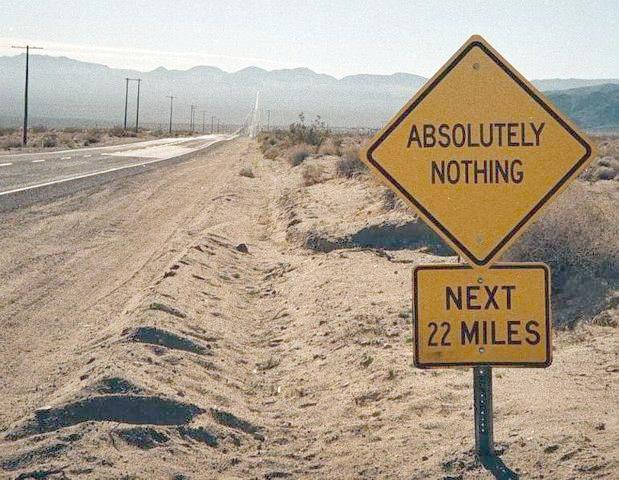According to Plutarch "Great Pan is Dead!" are the words uttered in a loud voice (sometimes called a "divine voice") heard by the sailor Thamus on his way--by boat one would assume--to Italy while travelling there during the reign of the Emperor Tiberius. The extremely fat and inordinately glib Christian apologist G.K. Chesterton, who could be a witty fellow though over-fond of quips, thought Pan to be the only pagan god said to have died, and thought his death somehow connected with the death, or perhaps the birth, of Jesus.
I'm not sure if it mattered all that much for Chesterton's purposes, but I suspect the birth of Jesus somehow precipitated the death of Pan. I think a case can be made that it did, though it took quite some time to do Pan in. This had something to do with the birth of theology, according to Chesterton.
Others, such as Robert Graves, thought the story the result of some confusion, and believed the great shout had been mistranslated over time or mistold. He believed there was no Thamus, but there was a Tammuz, another pagan god who died and whose death was remembered through a ritual which was being performed and was overheard by...someone.
It does seem jolly old Chesterton was mistaken about pagan gods and their birth or death, for various of them did die or their consorts did, and it was their death and resurrection which became the subject of the mystery religions such as that of Mithras, and Isis, and the Great Mother.
Pan was the god of nature, of wild nature that is; but also of shepherds and flocks, and music through the rustic flute. He's often confused with satyrs, due to the fact that he had the horns, hoofs and hindquarters of a goat. And it must be said he was inclined to physical pleasures as well, which of course rendered him abhorrent to many Christians. As a nature god he wasn't worshipped in temples but in caves or wooded groves. He was born in Arcadia. His Roman counterpart was Faunus.
But if he died so long ago, he seems to keep coming back, Chesterton and, perhaps, Jesus notwithstanding. He came back during the Renaissance, as did so much else pagan in spirit. He was a favorite of the 19th century Romantics, and is even now worshipped by neo-pagans. He is part of the great inheritance of Western culture that is pagan antiquity, and like it will not die much as some wish it would, who are blithely ignorant of the debt owed to it even, and perhaps especially, by Christianity.
I know little of Wiccan or neo-paganism generally. I'm not inclined to engage in rituals or ceremonies which are meant to revive or mimic ancient religious worship. Nor am I inclined to worship any of the old gods. But I am pleased that there seems to be a revival in respect for and reverence towards nature--by which I mean the physical world, the universe. We've believed ourselves to be nature's master for far too long, and are paying the price of the monstrous credo we've accepted here in the West; that we like the God of the Abrahamic religions are apart from nature rather than a part of it. We will pay more for our self-regard.
Stoicism also keeps coming back, as the modern resurgence of that philosophy makes clear. But it's always been around in one sense or another, and it's injunction to "live according to nature" is one that will be accepted it's to be hoped. It may have to be accepted if we're to survive.
But if I were to worship any of the old gods, I think Pan would be one of them, along with Apollo and Hermes, the one the god of reason, the other the bright intelligence of the universe. And Pan the god of the physical nature of all living things.

_(pd).jpg)
